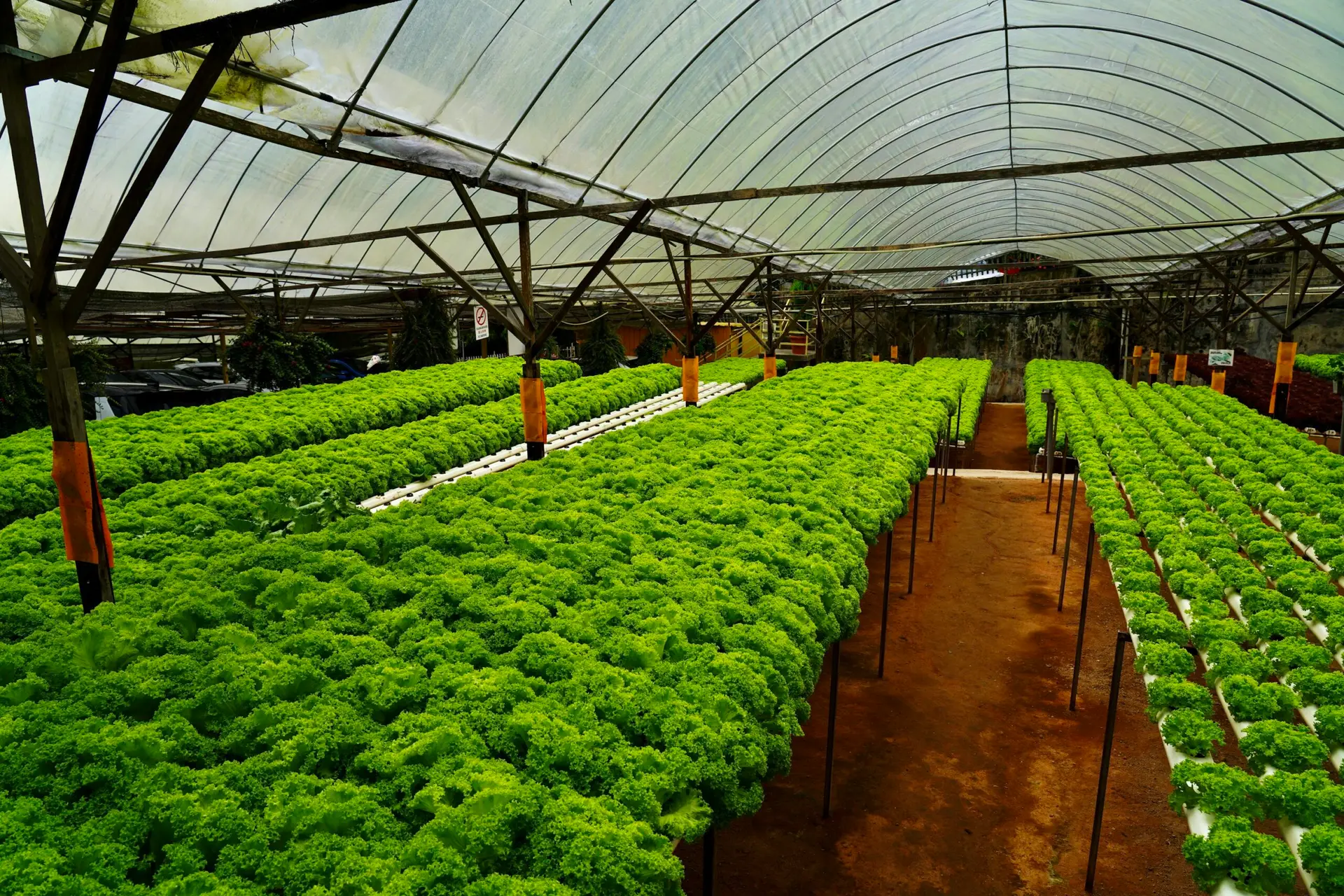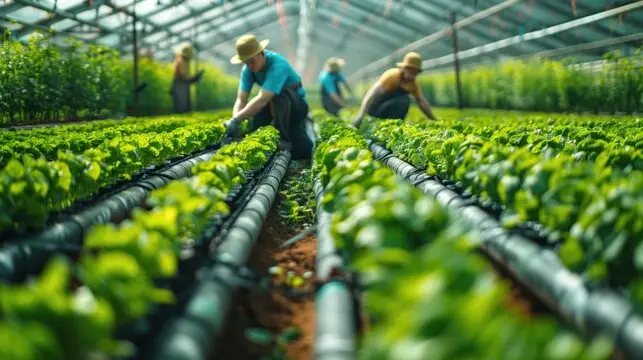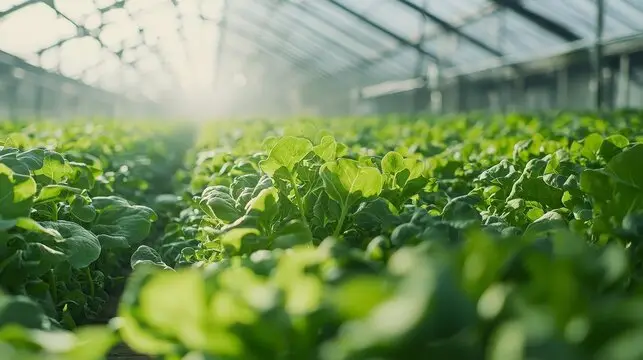The Rise of Organic Vegetables: A Step Towards a Healthier Future
In recent years, the global shift towards healthier living has brought organic vegetables into the spotlight. These vegetables, cultivated without synthetic pesticides, fertilizers, or genetically modified organisms (GMOs), are becoming a popular choice for consumers seeking better health and environmental sustainability. This article explores the benefits, challenges, and future of organic vegetables in the modern world.
What Makes Organic Vegetables Special?
Organic vegetables are grown using natural methods that prioritize soil health, biodiversity, and ecological balance. Unlike conventional farming, organic farming avoids the use of harmful chemicals, instead relying on compost, crop rotation, and biological pest control. This approach ensures that the vegetables are free from residues of synthetic pesticides and are rich in nutrients.

Aenean ut pharetra metus convallis
Etiam at lectus et neque viverra
Mauris feugiat metus eget velit
Vestibulum euismod rutrum
Nunc tempus sem consequat lacus
Nulla eget rhoncus erat
Pellentesque vehicula volutpat leo vitae
The demand for organic vegetables is expected to grow as consumers become more health-conscious and environmentally aware. Governments and organizations worldwide are offering subsidies and support for organic farming to make it more accessible and affordable. Innovations in organic farming, such as vertical farming and organic hydroponics, are also paving the way for a more sustainable future.
1. Look for Certification: Ensure the vegetables you buy have a credible organic certification.2. Buy Local: Support local farmers who grow organic produce to reduce transportation emissions and boost the local economy.3. Seasonal Choices: Opt for seasonal vegetables to get the freshest and most affordable organic produce.Grow Your Own: Start a small organic vegetable garden at home for a personal and rewarding experience. Tips for Consumers
Environmental Advantages
Soil Health: Organic farming enriches soil fertility through natural methods like composting and crop rotation.
Water Conservation: By avoiding synthetic chemicals, organic farming reduces water pollution and conserves freshwater resources.
Biodiversity: Organic farms support a diverse range of plants and animals, contributing to a balanced ecosystem.
Lower Carbon Footprint: Organic farming practices, such as reduced reliance on synthetic inputs, help mitigate climate change.
Health Benefits of Organic Vegetables
Higher Nutritional Value: Studies suggest that organic vegetables often contain higher levels of vitamins, minerals, and antioxidants compared to conventionally grown produce.
Reduced Chemical Exposure: By avoiding synthetic pesticides and fertilizers, organic vegetables reduce the risk of consuming harmful chemicals.
Better Taste: Many consumers report that organic vegetables have a fresher and more natural flavor.
Promotes Overall Health: The absence of harmful additives contributes to better health outcomes, particularly for children and pregnant women.


Organic vegetables are more than just a trend; they represent a conscious choice towards better health and environmental stewardship. While challenges remain, the benefits they offer to individuals and the planet make them a vital part of a sustainable future. As we embrace organic farming and eating habits, we take a significant step towards a healthier and greener world.




